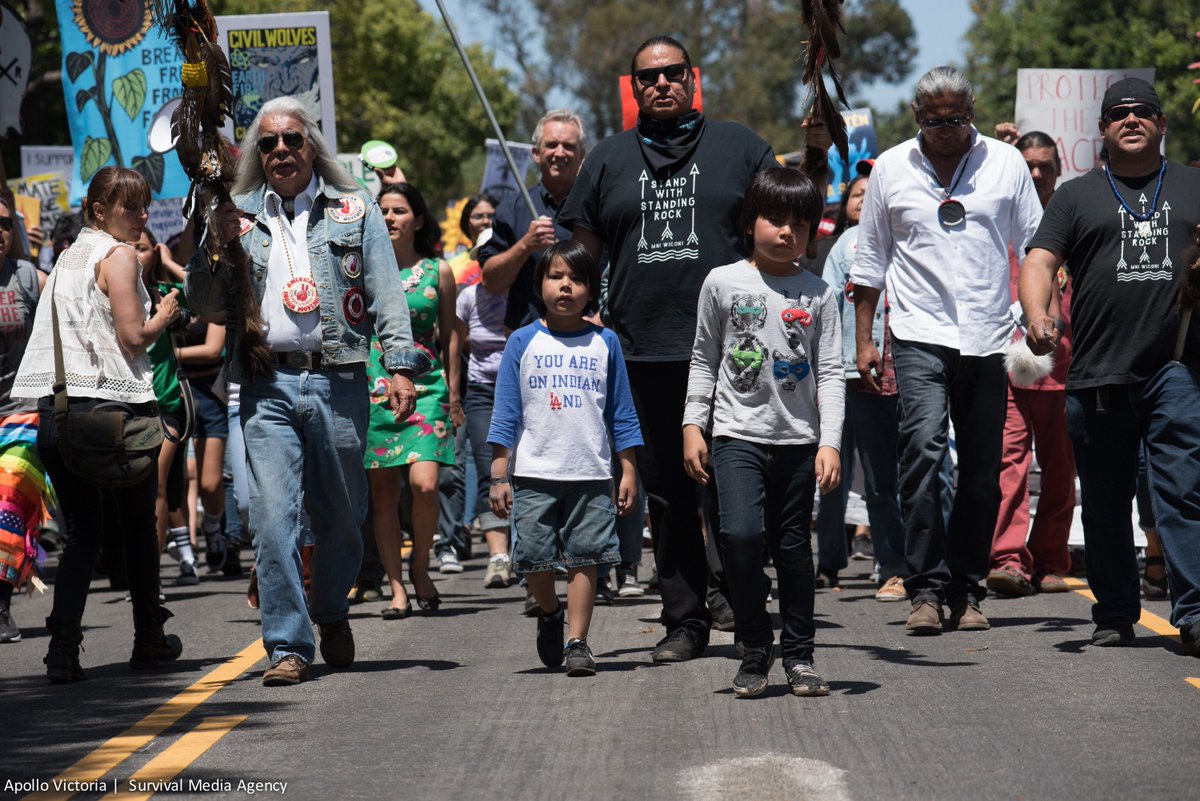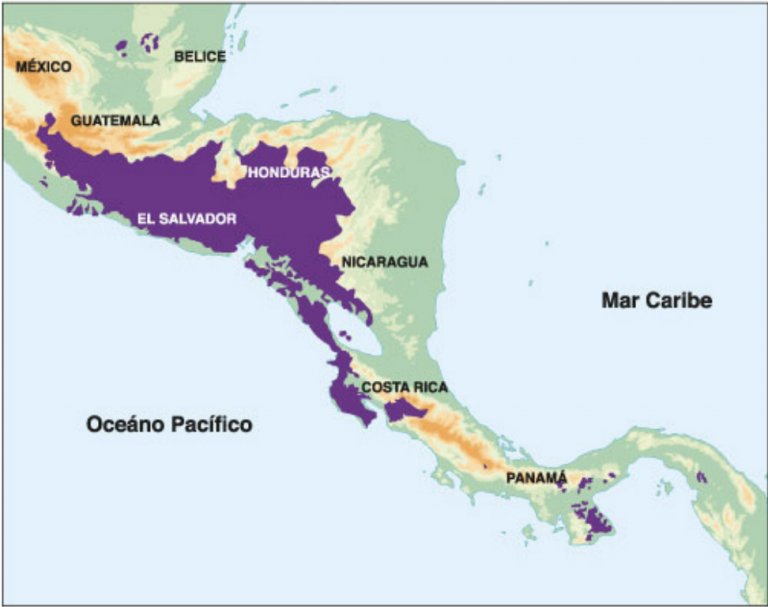
Today, October 12, is an important day. Actually, what is submitted today could determine our collective future. Read on if you want to know more… 👇
The world’s most important climate change meeting is happening in November: the Conference of the Parties (COP26). Every year, since 1995, almost 200 countries meet to essentially decide what level of action is taken on climate change around the world. It’s a big deal!
In 2015 at COP21, 192 countries ratified the Paris Agreement, and agreed to make country-level emissions reductions in order to keep worldwide temperature rise under 1.5°C, which was the number identified by scientists to minimize the worst effects of climate change.
This was the year that 1.5 degrees celsius became THE target. 🎯
Since the Paris Agreement, each country committed to submitting a climate plan (called an NDC, Nationally Determined Contribution) every 5 years for how they’d contribute to limiting temperature rise to 1.5°C.
So, in 2020, 5 years after the Paris agreement, the second round of climate plans (NDCs) were due. Due to the pandemic and the postponement of COP, countries got an extra year to submit their plans…
And those NDCs are still nowhere close to putting us on track for 1.5°C. Some of the world’s biggest polluters didn’t even submit a second plan at all!
So today, October 12 is the encouraged deadline for NDCs so that they can be gathered into a final report that will guide the negotiations at COP26 which begins November 1.
That’s a lot right? Also you probably don’t want details about 192 climate plans, so we’ll give you the highlights…and lowlights.
As of September, the collective climate plans put us on track for warming of between 2.4 - 2.7 °C, which scientists have called catastrophic...
...Warming above 1.5°C means more intense climate impacts like hurricanes, floods and droughts. And this is if everything in those plans are actually implemented.
So which country has a “good” climate plan? Well, there are a few kind of OK ones (almost none by those countries with the most historical responsibility however), but the collective climate plans are nowhere near where they should be.
Don’t get us wrong, we’ve seen some really good indicators that show improvement, a rise in more renewable energy share, the affordability of renewable energy, indicators of peaking of fossil fuel use...
And people have pushed for these changes. People on the right side of history, scientists, activists, innovators, everyone who has stood up for climate deserves all the credit for this progress, even if there’s still a lot to do.
So what next? With less than 3 weeks to go until COP26, we are asking our elected officials:
- Pay your fair share: increase and fulfill your climate finance pledges.
- Stop funding fossil fuels: end all support to the coal, oil and gas industry, everywhere in the world...
- Pay your fair share: increase and fulfill your climate finance pledges.
- Stop funding fossil fuels: end all support to the coal, oil and gas industry, everywhere in the world...
And finally:
- Finance a just transition: leave no country or worker behind to suffer, by investing your money into proven solutions & clean renewable energy for everyone.
>> 350.org/cop26/
- Finance a just transition: leave no country or worker behind to suffer, by investing your money into proven solutions & clean renewable energy for everyone.
>> 350.org/cop26/
• • •
Missing some Tweet in this thread? You can try to
force a refresh





